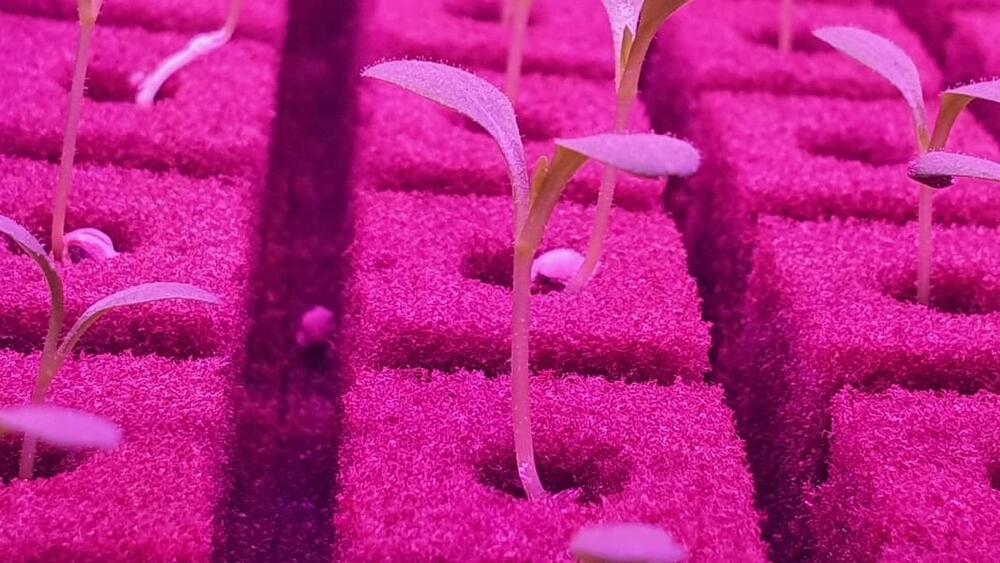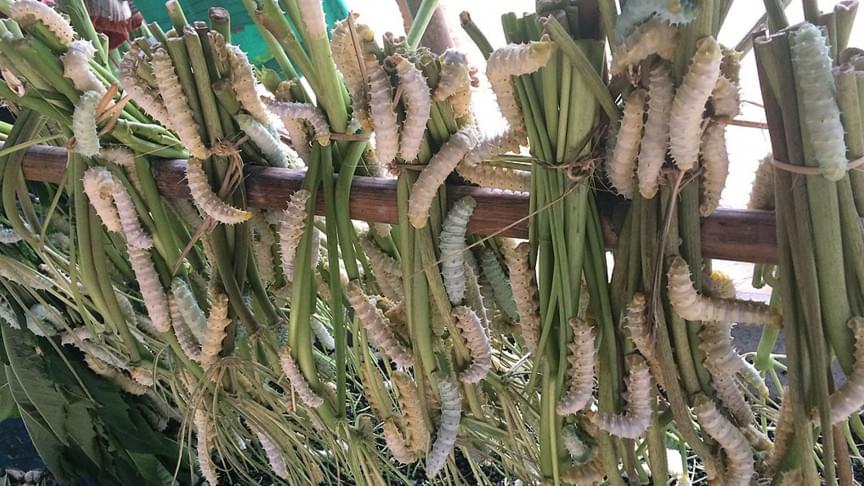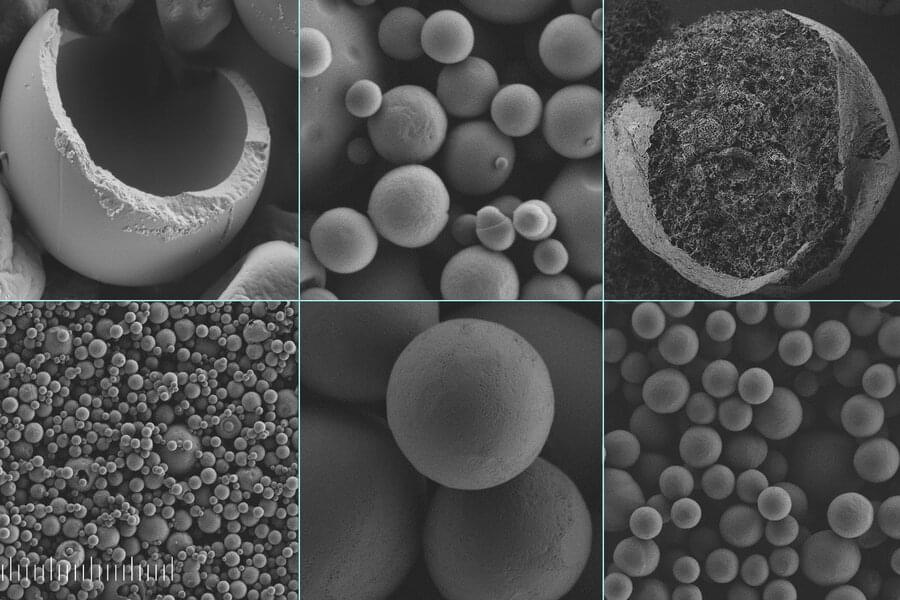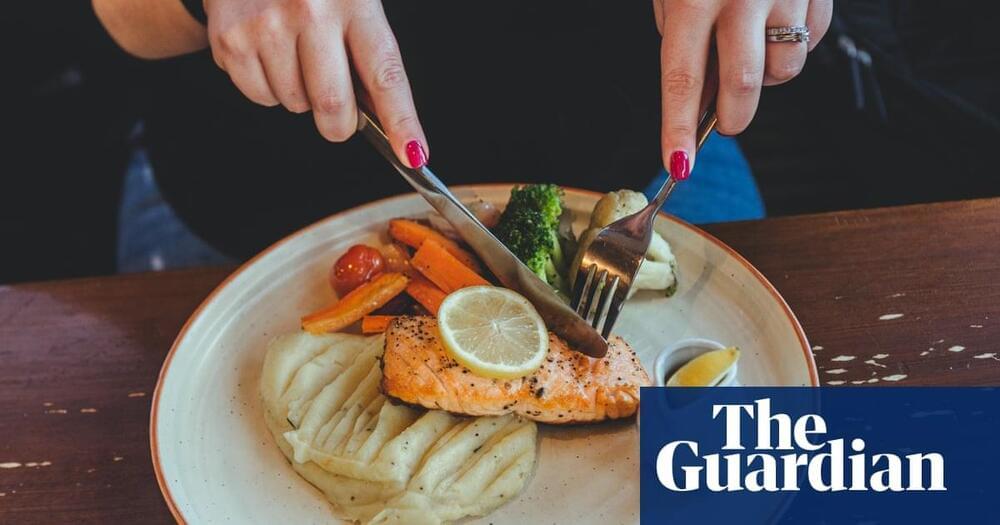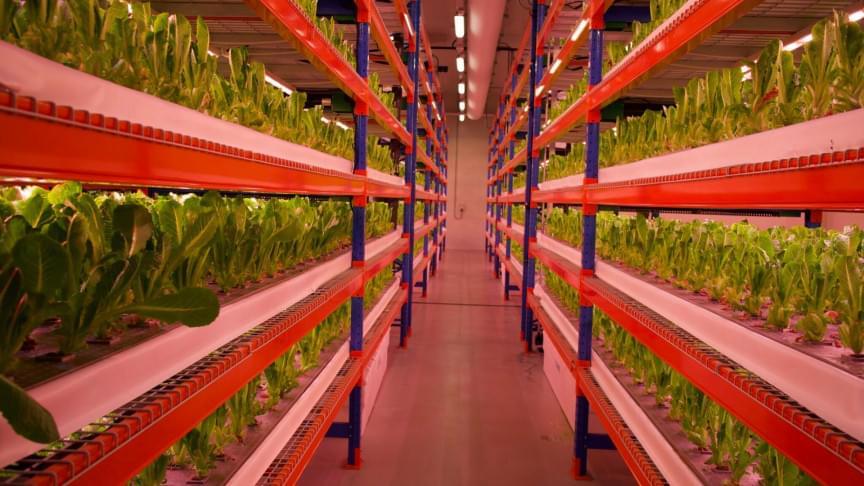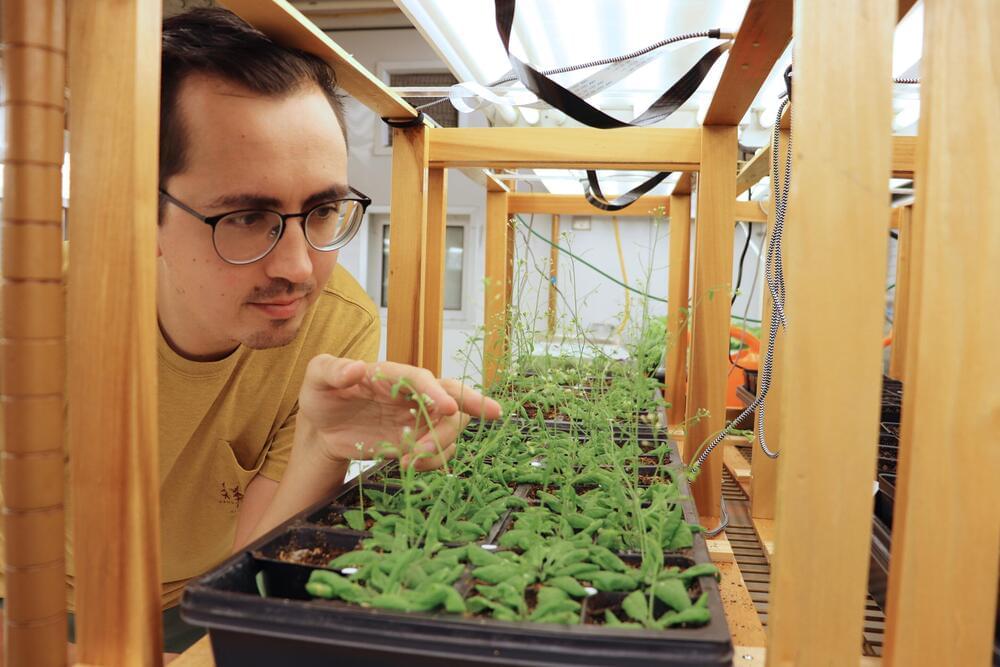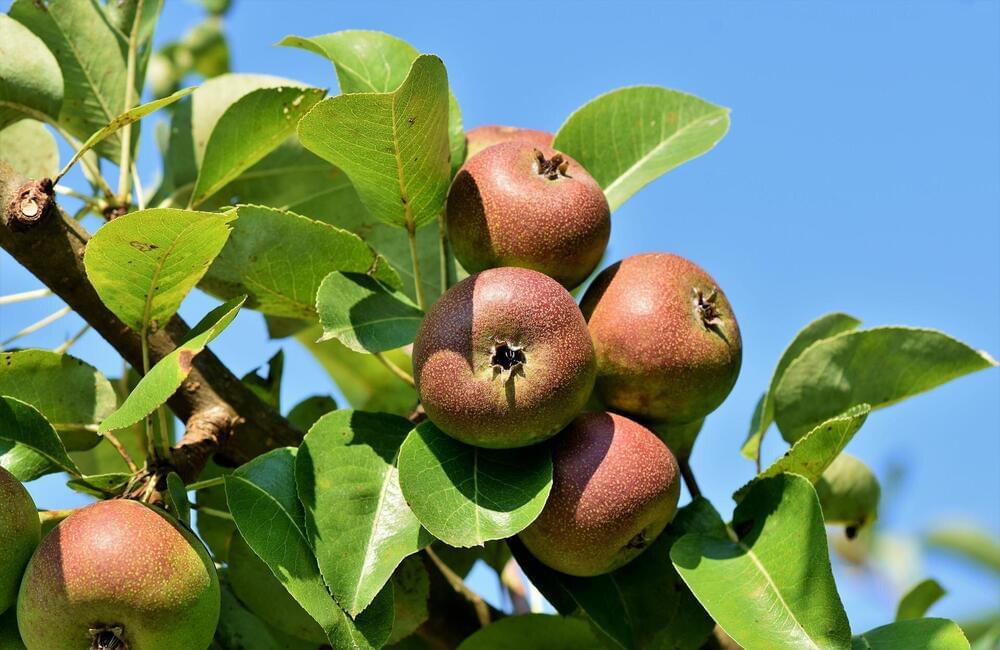Else Labs, the company behind the countertop home cooking robot called Oliver, announced today the launch of Oliver Fleet, a commercial kitchen reimagining of its original core product.
The new Fleet solution is a respin of its original standalone Oliver home cooking robot into a solution that allows multiple units to be used and managed simultaneously in professional kitchen environments to automate cooking tasks. According to company CEO Khalid Aboujassoum, while the Oliver Fleet units look the same from the outside as the original consumer unit, they’ve been built to withstand the more rugged requirements of the professional kitchen.
“It might look like the household unit from the outside, but the guts of the Oliver Fleet are different,” Aboujassoum said. “The Fleet units are designed for back-to-back cooking, for that harsh environment in the commercial kitchen compared to the household.”
